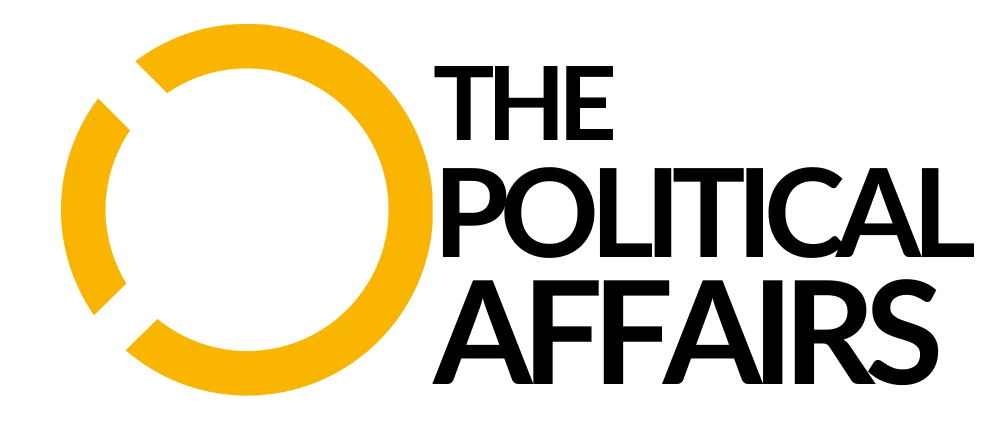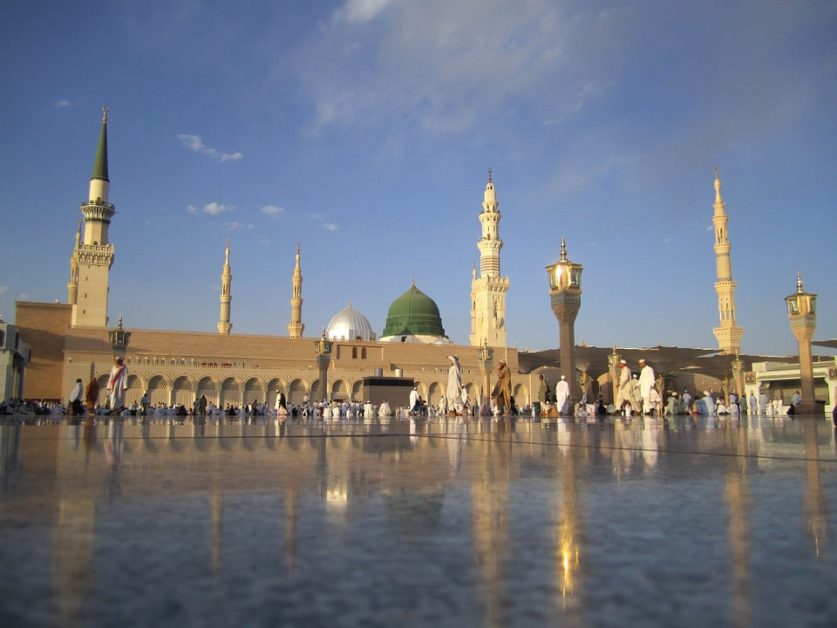Saudi Arabia is a regional power which shapes international relations in the Middle East. The sources of its legitimacy through which proclaims itself as the protector of Islam shape its specific relations with other countries in the Middle East.
The name of the official title that carries the King is “guardian of the two holy mosques”, a title which is a heavy burden as much as the foreign policy of the country.
Saudi Arabia, as a regional power, has its source in that it is seen as the protector of “correct Islam” and as such should be a leader in the region. Its internal reticence and contrast of external openness are due to the role of the Islamic teaching Wahhabism who is the official religion of the state.
The challenges of Saudi Arabia in international relations
Today’s most significant challenges for the country are maintaining the legitimacy of the monarchy internally and its leadership in the region, which is challenged by her most ideological and geopolitical rival Iran.
The challenge is also how to maintain the longstanding alliance with the United States and the connection with this great power which radical extremists actively exploit to delegitimize the county as “a leader in the Islamic world.” And finally how to deal with oil price shocks which is the living source of the country.
The legitimacy of the Saud royal family comes from the union established in the past with teaching reformist Abdul Wahhab. It is based on the double bond and the political alliance between the two parties. The family has the political responsibility Wahhabism to be official and the only one approved form of Islam in the state in return for religious support for the rule of Saud family.
In the past, the country saw two crises who were a real threat to national governance.
First is the Iranian Revolution led by priest Ayatollah Khomeini who directly accused Saudi Arabia to be “a major contributor to the West” and that it’s not the proper guardian of Islam’s holy places and called for an internal revolution in the country.
Saudi Arabia responded with strong internal closure of their country and stopping the process of modernization as a teaching lesson from the Iranian example. From this period begins a kind of “cold war” for leadership in the Muslim world between Saudi Arabia and Iran.
The Second serious crisis is when the state gave permission for the stationing of US troops in the country during the war in Kuwait in the nineties. It aroused radical forces and much of the religious establishment who believed that it represents betraying the holy places of Islam in the Hijaz and seriously increased anti-Americanism in the country.
Saudi Arabia and Iran’s cold war
After the Iranian revolution, both countries are struggling to assert their influence and leadership in the Middle East. Iran is a country which practices Shia Islam, while Saudi Arabia Sunnah Islam.
So Iran in the years after the revolution tried to delegitimize the alliance of Saudi Arabia with the United States. While the strategic partnership Saudi Arabia used to advance its political role in the region and to develop its economy using its national resources.
The country imposes its influence on other Sunnah Arab states “as the guardian of true Islam”. Foreign policy is based on how to maintain and deter any possible impact that Iran tries to impose in the region.
Saudi Arabia is still the regional leader and has a far bigger economy than his rival who was long under sanctions by the world community. The countries of the GCC have a military budget that crosses Iran’s military spending eight to one and possess far more sophisticated equipment.
Maintaining a strategic partnership with the US is one of the constant challenges for Saudi diplomacy. Their official religion gave the ideological framework for terrorists who formed the radical Al Qaeda and ISIS which the US sees as one of the biggest threats to their security.
With anti-Americanism in the region which is present in the states, the process of maintaining such an alliance is a difficult endeavor. Saudi authorities so far pretty well run that alliance. Feeling a threat of the potent message that ISIS brings and the threat to their legitimacy at home Saudi Arabia declared war on ISIS and terrorism.
This situation further sends mixed signals in domestic society. ISIS accuses the authorities to be collaborators of the US and that they don’t help their “brothers” in the fight against Shia repressive regimes in Damascus and Baghdad.
Social and Economic challenges of Saudi Arabia
Regarding the economic and social challenges its well-known that the oil sector occupies 80% of budget revenues and 90% of the country’s exports. In such a situation, the country recognizes the importance of maintaining stable prices for the world’s oil and to maintain the budgetary costs it requires prices over $ 100 a barrel.
Also, serious current and future problem according to research is the demographic boom and the young population in the country. A serious problem for which Saudi Arabia must include all its resources for job creation policy and a stable economic climate.
The trend of the growing number of unemployed youth is in a constant rise. Unemployment is a great base for agitation of young people from radical groups in the country,. Hence, there is a clear need for a strong public policy because of the demographic pressure.
Using its still good positions enjoyed by the international community, the country is trying, by all means, to keep and delay the possible reintegration of Iran into the international community.
Saudi Arabia also has strong challenges to tame radical Islam which is now a problem for the rule of the monarchy.
Saudi Arabia remains yet to find an effective way to deal with these groups and to prepare for the possible reintegration of Iran. Two strategies for these problems will be the pillar of its foreign policy.
The full text of this article was first written in 2016 in Academic Essay: “The forming of Saudi Arabia and the challenges in its international relations”, University “St. Cyril and Methodius”, Law School Iustinianus Primus- Skopje

